In a pilot study, APPC researchers found that the American TV show "Jane the Virgin" features more risk behavior and less healthy behavior than the Spanish-language telenovela it was adapted from, "Juana la Virgen."


In a pilot study, APPC researchers found that the American TV show "Jane the Virgin" features more risk behavior and less healthy behavior than the Spanish-language telenovela it was adapted from, "Juana la Virgen."
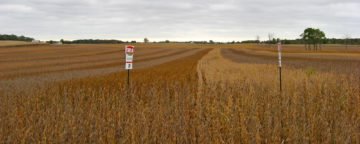
When a critic turns believer, can the story of that conversion sway others? A new Annenberg Public Policy Center study examines the effect on public attitudes of a "conversion message" about the use of genetically modified foods.
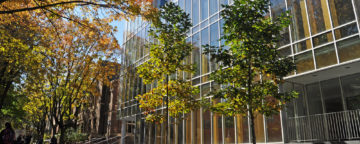
The Annenberg Public Policy Center celebrated its 25th anniversary and its project FactCheck.org celebrated its 15th anniversary with a luncheon in November.
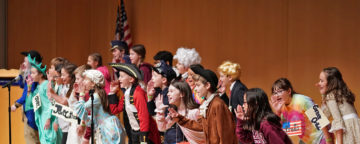
For this year's Citizenship Challenge essay competition, the Rendell Center for Civics and Civic Education asked 4th and 5th grade students in Philadelphia why the First Amendment was important to them

Despite the fact that the holiday season has some of the lowest average daily suicide rates, some journalists continue to inadvertently perpetuate the holiday-suicide myth.
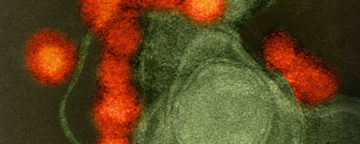
A series of papers originally presented as works-in-progress at a Zika communication summit at APPC in March 2017 were published in a special issue of Risk Analysis on “Communicating About Zika,” aimed at providing theoretical and practical insights.
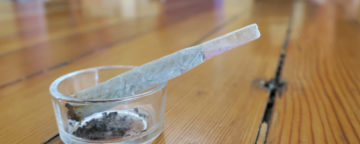
Research finds that cannabis use among teens does not appear to lead to greater conduct problems or greater affiliation with other teens who smoke cannabis -- it's teens with conduct problems who are more likely to gravitate toward cannabis use.
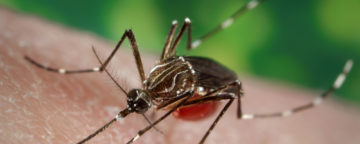
A study of media coverage of the 2016 Zika virus outbreak found that while stories focused more heavily on certain risk aspects than others, it was the volume of Zika news coverage that increased public familiarity.
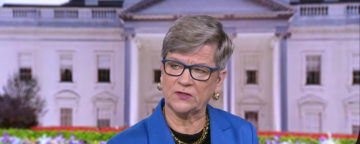
Kathleen Hall Jamieson appeared on MSNBC's "Morning Joe" and "Andrea Mitchell Reports" to discuss "Cyberwar," her book about Russian interference in the 2016 U.S. election.

'NewsFeed Defenders' from iCivics and APPC teaches students and adults to differentiate between what’s real and what’s not by challenging them to moderate an online community news site while resisting clickbait, viral rumors, and biased sources.